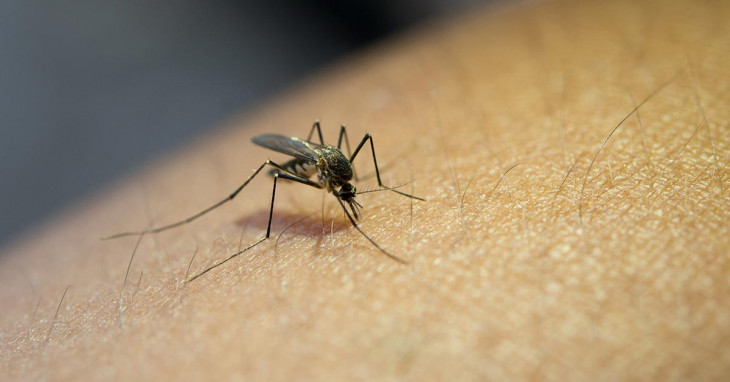Fight against malaria is far from over despite progress
By PD columnist, April 26, 2023Kenya yesterday joined the rest of the globe in marking the World Malaria Day with a determination to wipe out the killer disease through innovation and research.
World Malaria Day is observed on April 25 every year to raise awareness about the global effort to control, prevent, and ultimately eliminate malaria. Malaria is a life-threatening disease caused by parasites that are transmitted to people through the bites of infected mosquitoes.
This year, the event ran under the theme “Time to deliver zero malaria: invest, innovate, implement”.
The day provides an opportunity to reflect on the progress made so far and the challenges that lie ahead in the fight against this deadly disease.
Last year, the World Health Organisation (WHO) released the World Malaria report 2022 which revealed that in 2021 there was an estimated 247 million malaria cases in 84 malaria endemic countries globally, an increase from 245 million in 2020. This increase in number came majorly from countries in the WHO African Region.
The report further revealed that an estimated 234 million cases were from Sub Saharan Africa, accounting for about 95 per cent of the global cases.
There are still significant challenges to overcome in the fight against malaria. The COVID-19 pandemic has highlighted the fragility of health systems and the need for increased investment in public health infrastructure. The pandemic has also disrupted malaria prevention and treatment services, with many countries reporting a decline in the number of people seeking care for malaria due to fear of COVID-19 transmission or restrictions on travel and movement.
The World Malaria Report of 2022 indicates that between 2019 and 2021, an estimated additional 13.4 million cases were attributed to disruptions during the COVID-19 pandemic.
Furthermore, the emergence of drug-resistant malaria parasites and insecticide-resistant mosquitoes presents a significant challenge to malaria control efforts. These challenges underscore the need for continued investment in research and development to develop new and more effective tools for malaria prevention and treatment.
In my opinion, World Malaria Day provides an opportunity to reflect on the progress made in the fight against malaria and to recommit ourselves to the goal of eliminating this deadly disease. To achieve this goal, there are several actions that we can take as individuals, communities, and nations.
First, we need to increase investment in malaria prevention and control interventions, including the deployment of insecticide-treated bed nets, indoor residual spraying, and antimalarial drugs. These interventions have proven to be highly effective in reducing the incidence of malaria and should be scaled up in malaria-endemic regions.
Second, we need to invest in research and development to develop new tools for malaria prevention and treatment. This includes developing new insecticides and drugs that are effective against drug-resistant malaria parasites and insecticide-resistant mosquitoes.
Third, we need to strengthen health systems to ensure that malaria prevention and treatment services are available to those who need them. This includes increasing the number of trained health workers, strengthening supply chains for malaria prevention and treatment commodities, and improving surveillance systems to detect and respond to malaria outbreaks quickly.
Fourth, we need to prioritise the most vulnerable populations, including children under five years of age and pregnant women, who are at the greatest risk of malaria infection and death. This includes increasing access to malaria prevention and treatment services in remote and hard-to-reach areas, where the burden of malaria is often the highest.
World Malaria Day is an important reminder of the progress made so far in the fight against malaria and the challenges that lie ahead.
— The writer, David Kipkorir, is a freelance journalist
